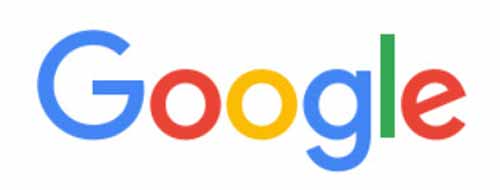“To be controlled by local regulation system”… Communication commission to attack Google
Kim Ji Young | kjy@ | 2018-04-03 11:17:37

According to the industry on April 2, the KCC recently confirmed to the company that it would manage overseas Internet operators to manage the domestic utility market, such as management transparency and user protection. It is said that it includes the obligation to report taxes and sales, and to comply with domestic regulations regarding user protection.
The KCC issued a penalty of KRW 400 million in fines and a correction order to Facebook, which caused discomfort to the users by changing the Internet connection route last month. It is the first time that sanctions have been imposed on overseas Internet operators.
Meanwhile, it is a general evaluation that overseas Internet service providers have cooperated with the self-regulatory system of the Korea Communications Standards Commission in the duty of protecting users. In this situation, the KCC is willing to step up its management oversight of Google, the main target of the controversy over `internet reverse discrimination`, beyond self-regulation.
The Korea Communications Commission is currently pursuing legislation after completing preliminary work on policy research and system improvement measures to strengthen the enforcement power of overseas operators. It is said that it includes a plan to encourage subscribers to register as an additional telecommunication carrier like domestic operators.
Recently, the Korea Communications Commission (KCC) announced that Google and Apple will also investigate Facebook personal information leak.
The Korea Communications Commission has proposed resolving the issue of discrimination among Internet service providers since last year, as a major policy task. Lee Hyo-Sung, chairman of the Korea Communications Commission, also stressed the need to supervise overseas Internet operators, saying, "If local companies cannot regulate foreign companies equally, they should not regulate domestic companies." To this end, the Korea Communications Commission (KCC) is working with foreign regulators to establish regulatory bases for global operators. Google, and so on, are not violating international conventions such as the Free Trade Agreement (FTA) and the World Trade Organization (WTO). In fact, it was the result of such effort that the Korea Communications Commission (KCC) discovered the grounds that `supplementary communication services can be supplied across borders` last month during the Facebook ban.
A representative of the Korea Communications Commission said, "The European regulator is also trying to supervise global Internet operators by worrying about the introduction of Google tax." The Korea Communications Commission is also interested in penalty cases, so we will continue to share the trend. " "We are also expanding information exchange with Southeast Asia and ASEAN countries."
On the other hand, Google has not reported a special position on the Korea Communications Commission. An industry official said, "Unlike Facebook, Google does not have any problems, such as suspicion of leakage of personal information." Facebook said that it was not a problem to incorporate foreign Internet providers into the regulatory framework."
By Kim Ji Young kjy@
